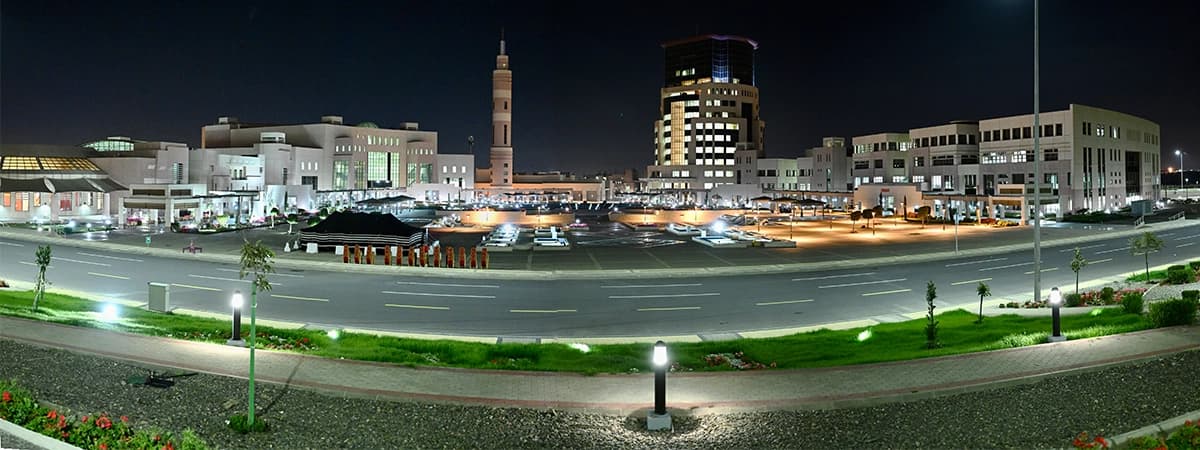King Khalid University
News & Events

Media platforms for extremism and terrorism though.t
Within the International Conference on Media and terrorism sessions,
Media platforms for extremism and terrorism thought.
The second sessions of the International Conference on media and terrorism: means and strategies, which are being organized by King Khalid University (KKU), during the period from 7 to 9 of this month, have witnessed a session titled Media platforms for extremism and terrorism thought. It was headed by Prof. Mubarak Al-Hazmi.
Dr. Omar Abu Seada, from the Media and Communications Department at King Khalid University, presented a research entitled "methods of using the terrorist organizations for the Internet, ISIS (Islamic State of Iraq and Syria) model. "Dr. Seada was interested in providing a study that could add to Arab contributions in the field of security intelligence. He also aimed at monitoring the activity of ISIS on the Internet, which enhances the Arab scientific contributions on the study of the phenomenon of terrorism, and which develops strategies to present recommendations for security agencies through security media strategy derived from monitoring the activities and movements of the organization of ISIS on the Internet. The purpose also was to develop security performance of media means and strategies to deal effectively and decisively with the activity of this organization and of other various terrorist organizations which have websites on the Internet.
Dr. Osman Mohamed, from the International University of Africa in Sudan, has presented a worksheet entitled "The role of social media in the spread of global terrorism." In the worksheet, Dr. Mohamed aims to characterize the role of social media in the spread of the phenomenon of global terrorism, by revealing how ISIS uses and benefits from this means, in order to spread its ideas, moving to the recruitment of young people into its ranks.
Another study entitled "The media organizations of ISIS" was presented by Dr. Abdel Halim Moussa, from King Faisal University. In brief, the study showed how ISIS, since its inception, has managed to offer various media releases in several foreign languages alongside Arabic. This had a principle role in the dissemination of terrorist ideology through traditional and electronic media. Al-Furqan Foundation, Al E'tesam Foundation, Albatar Foundation, in addition to A;maq Electronic Agency, which appeared in many channels and international newspapers, are all evidence of the increased media abilities of ISIS.
There was another study presented by Dr. Lutfi Mohammed Ziadi. The study was about the formation of the media wars of the essence of conflicts taking place in the world since the last century. Since the emergence of the media which has tremendous potential to spread and influence, it has become a media war or a war being fought through the media, somewhat freestanding comparing to other different types of wars; economic, commercial, political, and others, and it became a central part of the traditional military war.
Dr. Lalu Sovraada, from the University of the Islamic State of Matram, Indonesia, presented a study which explained that the information era has produced a new media pattern different from traditional media styles. This new pattern of media has different political, cultural and educational wide-ranging effects, to the extent that some called this era as the era of media. It is not because the media phenomenon is new in human history, but because its modern methods have reached far ends in impact in strength and in depth of guidance. The severity of the risk has led to fundamental changes in the role of the media.
